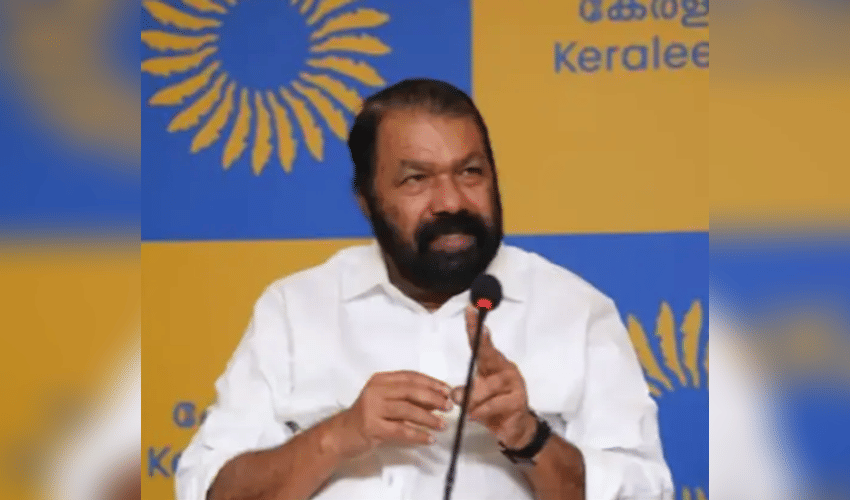Politics
Kerala Hijab Controversy: Christian School Must Allow Muslim Girl to Wear Headscarf in Class

The ongoing hijab controversy in Kerala took a significant turn when the General Education Minister, V. Sivankutty, instructed a Christian-run private school in Kochi to permit a Muslim student to attend classes wearing her religious headscarf, known as the hijab. This move came in response to reports that the school had barred the eighth-grade girl from wearing the hijab, causing considerable distress to her and her family.
The school at the center of this issue is St. Rita's Public School in Palluruthy, Kochi, which follows a uniform dress code that initially excluded religious headscarves. Following the denial of entry to the student for wearing the hijab, the school even declared a two-day holiday amid heightening tensions. The conflict escalated when the student's father filed a formal complaint, prompting an inquiry by the Ernakulam Deputy Director of Education.
The inquiry revealed serious lapses on the part of the school authorities, describing the removal of the girl from classes due to her hijab as a violation of both the Right to Education Act and the fundamental religious freedoms guaranteed by the Indian Constitution. In light of these findings, Minister Sivankutty emphasized that Kerala, a state known for its secular ethos, must uphold constitutional rights and prevent any educational institution from infringing on religious freedoms.
While the school is allowed to regulate the color and design of the hijab to maintain uniformity, it must no longer deny the student’s right to wear it. The minister also directed the school management to address the mental distress caused to the girl and her parents and to submit a report on the steps taken.
This incident highlights the delicate balance between school uniform policies and religious freedom in a pluralistic society. Similar cases have surfaced across India, raising debates about inclusion, constitutional rights, and religious expression in educational institutions. It underscores the importance of schools adopting inclusive policies that respect diverse cultural and religious identities while maintaining a cohesive environment.
The case of St. Rita's also reflects broader social dynamics, where communal tensions can arise from such disputes, prompting political and administrative interventions to uphold constitutional values. As Kerala moves forward, this directive serves as a reminder that protecting minority rights in educational settings is crucial for fostering harmony and respect.



